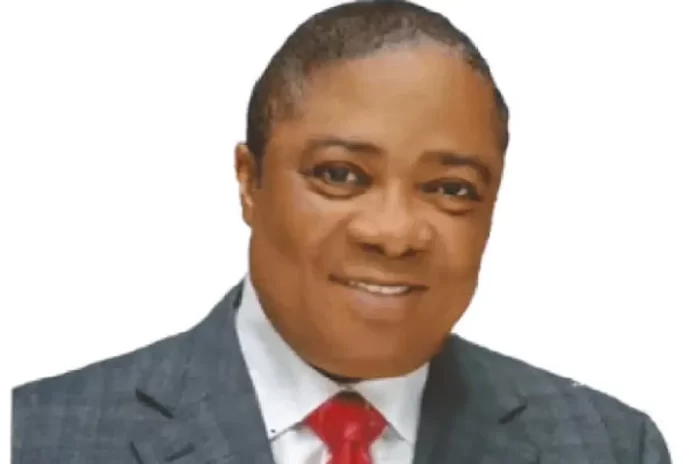By Jude-Ken Ojinnaka
The Economic and Financial Crimes Commission (EFCC) on Monday told an Ikeja High Court, Lagos State presided over by Justice Oyindamola Ogala that the embattled Chairman of Ibeto Energy Development Company, Chief Cletus Ibeto, has allegedly paid back N1.5 billion in two tranches to the Commission.
The EFCC counsel, Rotimi Jacobs (SAN), informed the court about the payment at the ongoing trial of Chief Ibeto, his companies, Ibeto Energy Development Company and Odoh Holdings Limited, over alleged N4.8 billion fraud.
Jacobs (SAN) also informed the new presiding judge, Justice Ogala that the defendants paid the money as part of the ongoing plea bargain discussion between the anti-graft agency and the defendants. He added that the defendants have agreed to pay the balance within the next three months.
But the defence counsel, Adebayo Oshodi, did not deny or confirm the claim of the EFCC.
The Economic and Financial Crimes Commission (EFCC) had dragged Chief Ibeto before the court alongside his companies, Ibeto Energy Development Company and Odoh Holdings Limited, on a 10-counts charge bordering on allegations of conspiracy, fraud, forgery and fraudulent use of documents.
However, the case could not proceed on Monday March 11 as scheduled because of the disagreement between the prosecution and the defence on issue of which application is ripe for hearing.
While Mr Oshodi insisted that the defendants’ application challenged the territorial jurisdiction of the court and therefore should be heard by the court, Jacobs (SAN) argued that the court should not entertain the application because the issues canvassed in it are also the same issues which the defendants have placed before the Court of Appeal for determination.
The EFCC counsel also drew the court’s attention to an order issued by the former presiding Judge, Justice Ismail Ijelu, who ordered the arrest of Chief Ibeto before the case was transferred to Justice Ogala by the Lagos Chief Judge.
He said the order was predicated on the alleged refusal of the defendants to appear in court and added that until the order is vacated or Chief Ibeto show up in court to take his plea, the judge cannot hear any application.
At this point, the Lagos State Director of Public Prosecution (DPP), Dr Babajide Martins, who appeared in the matter as an interested party, also told the court that he had filed an Amicus Curiae brief to assist the judge in deciding on what position to take on the case.
But Jacobs (SAN) said that the A.G, having appeared as an interested party, cannot turn around to appear as an amicus (friend of the court).
At this juncture, the judge decided to adjourn the case to enable her study the case file and decide how to proceed with the trial. The judge thereafter adjourned the matter till April 15, for continuation of proceedings.
The scheduled arraignment of the defendant has been stalled on four occasions, September 28, October 5, November 3 and December 6, 2023, because of his failure to appear in court. However, he was represented by his counsel.
The constant absence of the defendant prompted Justice Ijelu to accede to the prosecution’s request on November 3, 2023, to arrest the businessman for allegedly refusing to appear to take his plea despite many undertakings by his counsel to produce him in court.
However, during the proceedings of December 6, 2023, the Lagos State Attorney-General, Lawal Pedro (SAN), informed the court that he was considering taking over the matter based on a petition written by the defendant.
The State’s Director of Public Prosecutions (DPP), Jide Martins, who represented the Attorney-General in court, also informed the court of a petition written by the law firm of Robert Clarke (SAN), seeking a review of the case file and the outright taking over of the case by the office of the Attorney-General.
However, the EFCC through its counsel Rotimi Jacobs (SAN), challenged the move, describing it as an attempt to scuttle the trial.
Jacobs (SAN) had insisted that the Attorney-General’s letter was written without hearing from the EFCC and that the purpose was to shield the defendant from appearing before the court, and when he is seized of the whole matter, the Attorney General would change his mind.















